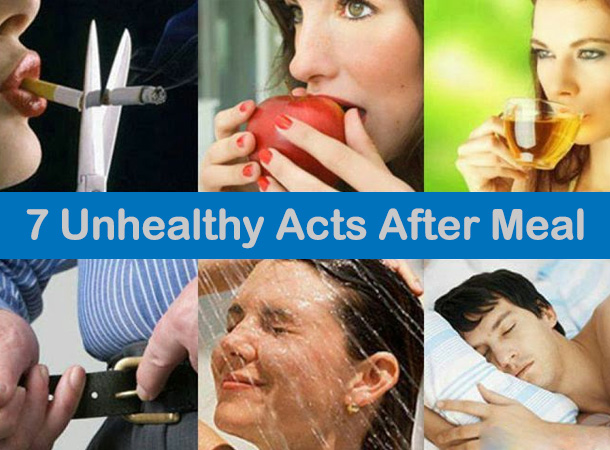Heart disease is the number one killer in the world. A WHO report estimated that 17.3 million people died from cardiovascular diseases in 2008 alone, and by 2030, more than 23 million people will die annually from CVDs.
Why is heart disease so deadly?
Many people would blame it on bad diet, unhealthy lifestyle, environmental pollution and so on. But one reason that heart disease becomes the number one killer is that many people are slow to seek help when symptoms arise. At worst, many even don’t know the symptoms. For one thing, most CVD symptoms are not always intense or obvious, and they vary between individuals.
Because it can be hard to determine the symptoms of a heart problem, make sure to pay attention to the following warning signs and seek the doctor’s help if they recur or don’t go away after several hours or a few days
1. Dizziness and shortness of breath
Breathlessness, when you are not suffering from asthma or chronic obstructive pulmonary disease, can indicate a heart attack. Dizziness can also be a symptom.
2. Sickness
Stomach pain, indigestion, vomiting or feeling sick can also happen during heart attack.
3. Pressure
A feeling of discomfort in the chest area, like something is pressing on your chest or tightening around, can also be a symptom of a heart problem.
4. Chest Pain
While not all chest pain has to do with the heart, pay careful attention as to where exactly the pain is coming from. Heart-related chest pain is often centered under the breastbone, a little to the left of the center. The pain can feel like an elephant is sitting on your chest, and sometimes it can be an uncomfortable feeling or fullness, pressure or squeezing.
5. Unusual Pain Elsewhere
Heart disease-related pain is not confined to the chest. It can radiate to other parts of the body as well. According to Amy Thompson, a senior cardiac nurse at the British Heart Foundation, the pain can start on the left or right side of the chest, then reach up to the neck and jaw. A 2012 U.S. study actually found that a significant number of heart attack patients were admitted to hospitals without chest pain or discomfort.
6. Anxiety
Anxiety or a feeling of foreboding about your health, especially if accompanied by light-headedness or dizziness, can be your body’s way of telling you that your heart has a problem.
7. Looking Ill
People who are about to suffer a heart attack can look gravely ill. As blood pressure drops so low, they may look ashen or grey and observably unwell.
8. Palpitations
Rapid, irregular heart beat accompanied by dizziness, weakness, or breathing shortness can be a sign of heart problem like heart failure, heart attack or arrhythmia. The latter can result to stroke when left untreated.
9. Tiredness or weakness
Some people who suffered from heart attack experienced tiredness and severe weakness leading up to the episode. Women in particular experience such symptom, according to the British Heart Foundation.
10. Sweating
Heart attack patients often break out in cold sweat prior to the episode.
You can have heart disease and not know it. So, when in doubt, consult your doctor for medical advice.







